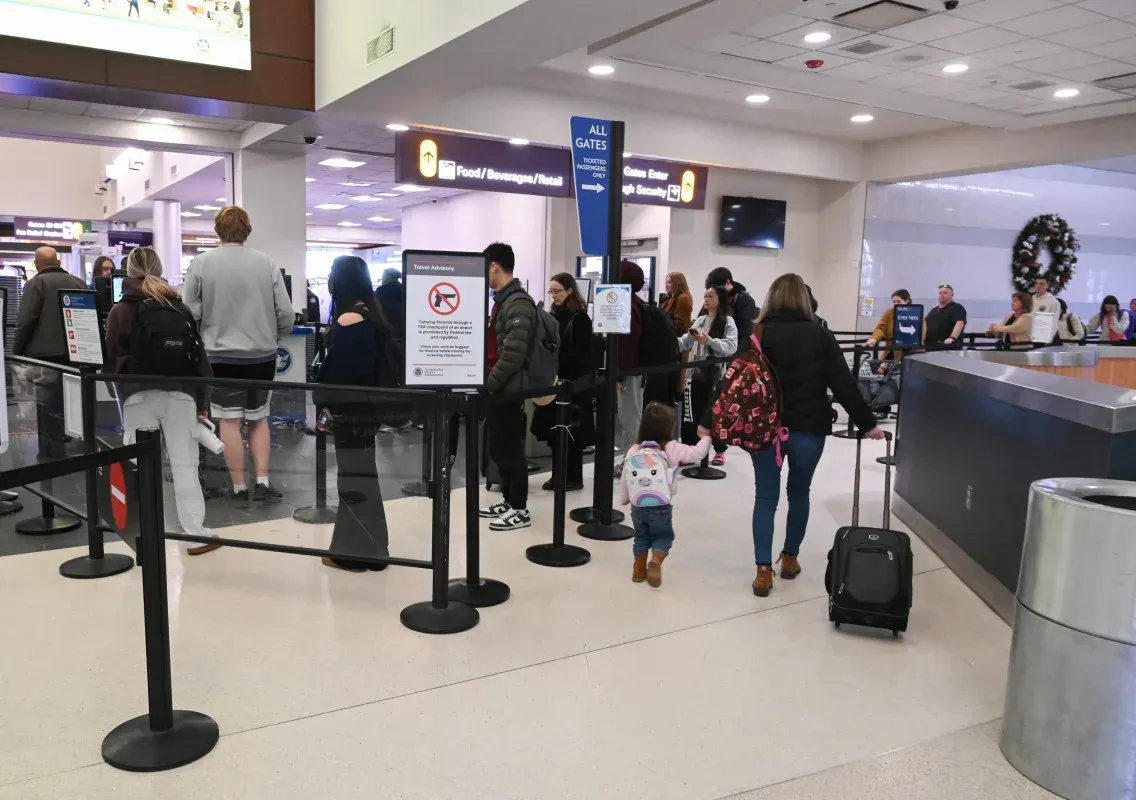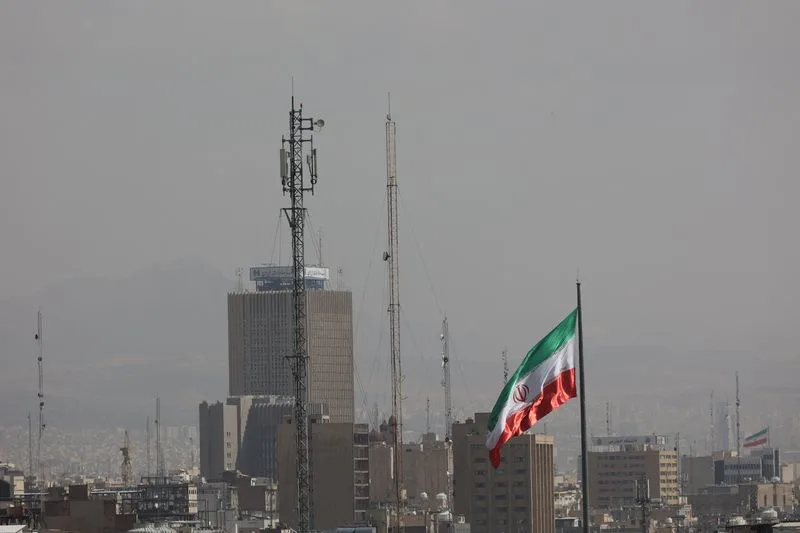For the first time in July, the U.S. Department of State has issued a Level 4 “Do Not Travel” warning for Lebanon. This highest-level advisory signals serious risks for American travelers in the country.
The Department of State evaluates risks for U.S. citizens traveling abroad and assigns travel advisories ranging from Level 1 (lowest risk) to Level 4 (highest risk). A Level 4 advisory means the U.S. government considers the destination unsafe for travel.
On July 3, Lebanon was placed under this Level 4 advisory due to ongoing concerns about crime, terrorism, civil unrest, kidnapping, unexploded landmines, and the risk of armed conflict. The advisory highlights serious threats to U.S. government personnel in Beirut, where embassy staff must follow strict security protocols. These security measures can change suddenly without prior notice.
The warning refers to ongoing tensions since October 8, 2023, when cross-border firing between Hizballah and Israel began. Although a ceasefire was declared on November 27, sporadic military activity continues in parts of Lebanon. The Lebanese government is unable to guarantee the safety of U.S. citizens amid possible sudden violence or armed conflict.
Local disputes, whether family, neighborhood, or sectarian, can quickly escalate to gunfire or other violent acts without warning. Due to these risks, Americans in Lebanon are advised to remain cautious at all times.
The advisory recommends U.S. travelers to Lebanon take several precautions. They should designate a family member as a point of contact, keep travel documents current and accessible, avoid demonstrations and crowded areas, and closely follow local media for any breaking news.
This Level 4 warning marks a serious escalation in U.S. travel guidance for Lebanon. It reflects ongoing instability and security threats in the region. Americans planning travel should carefully consider these risks and consult the full list of travel advisories issued by the U.S. Department of State.







